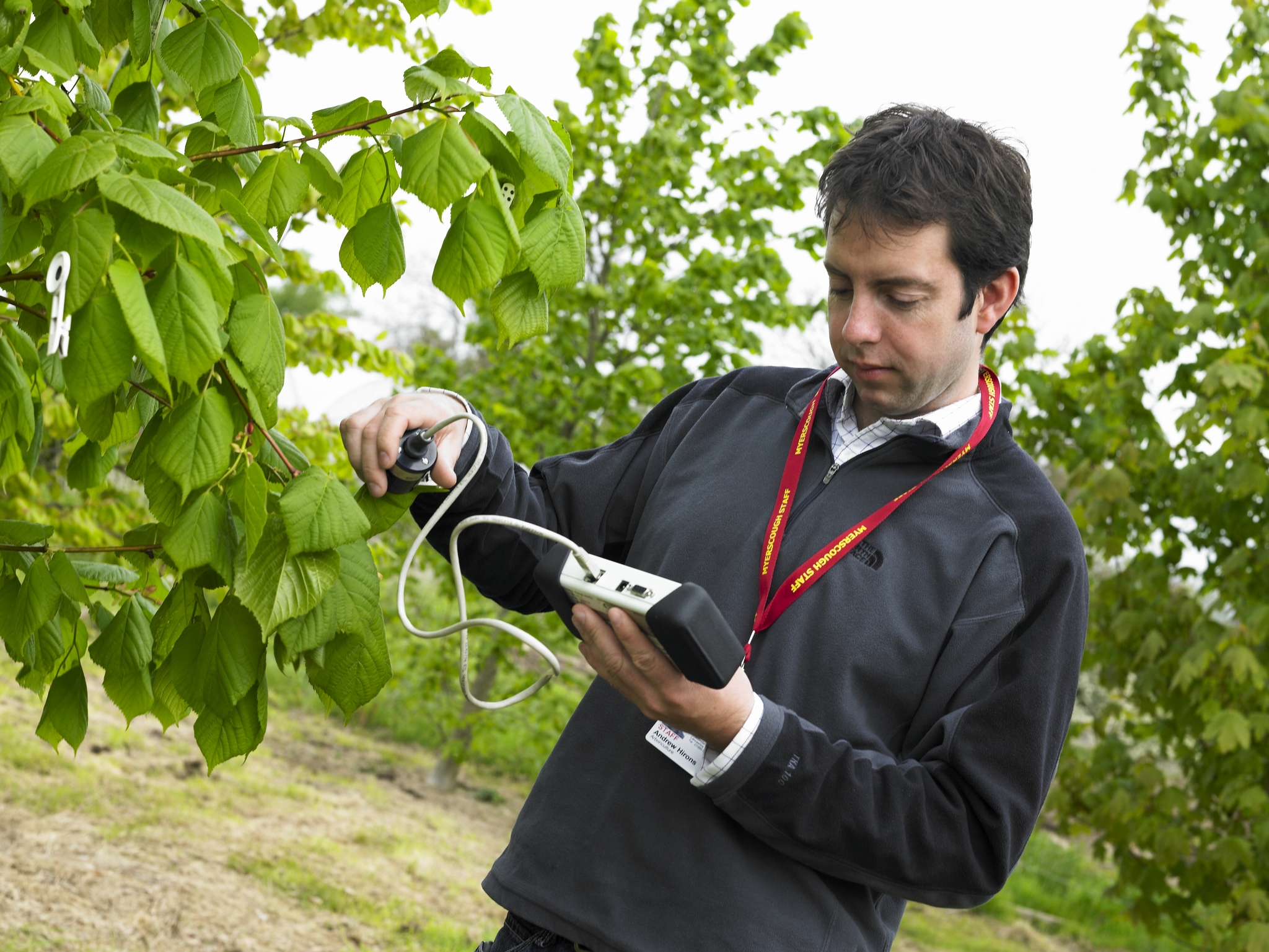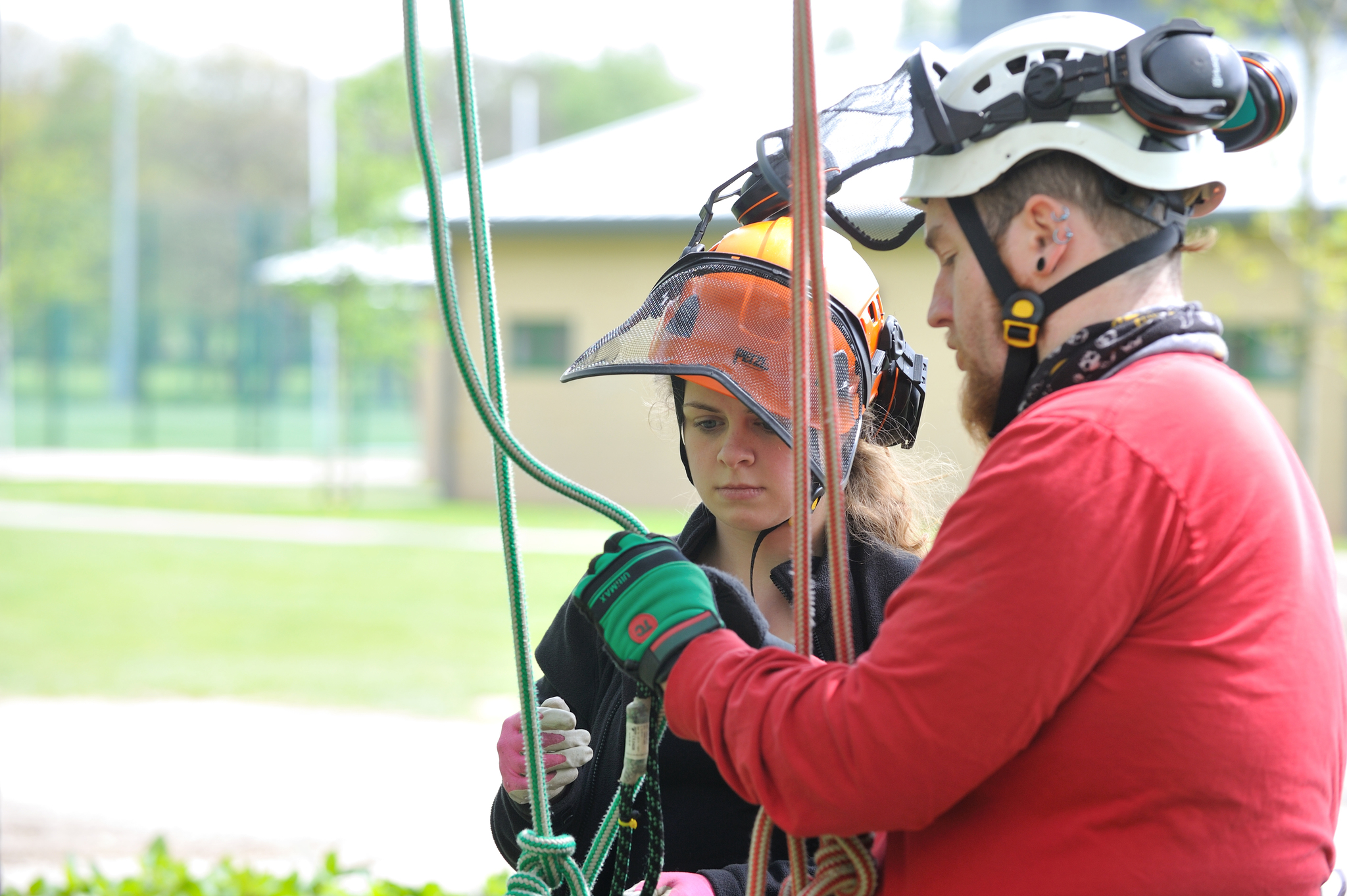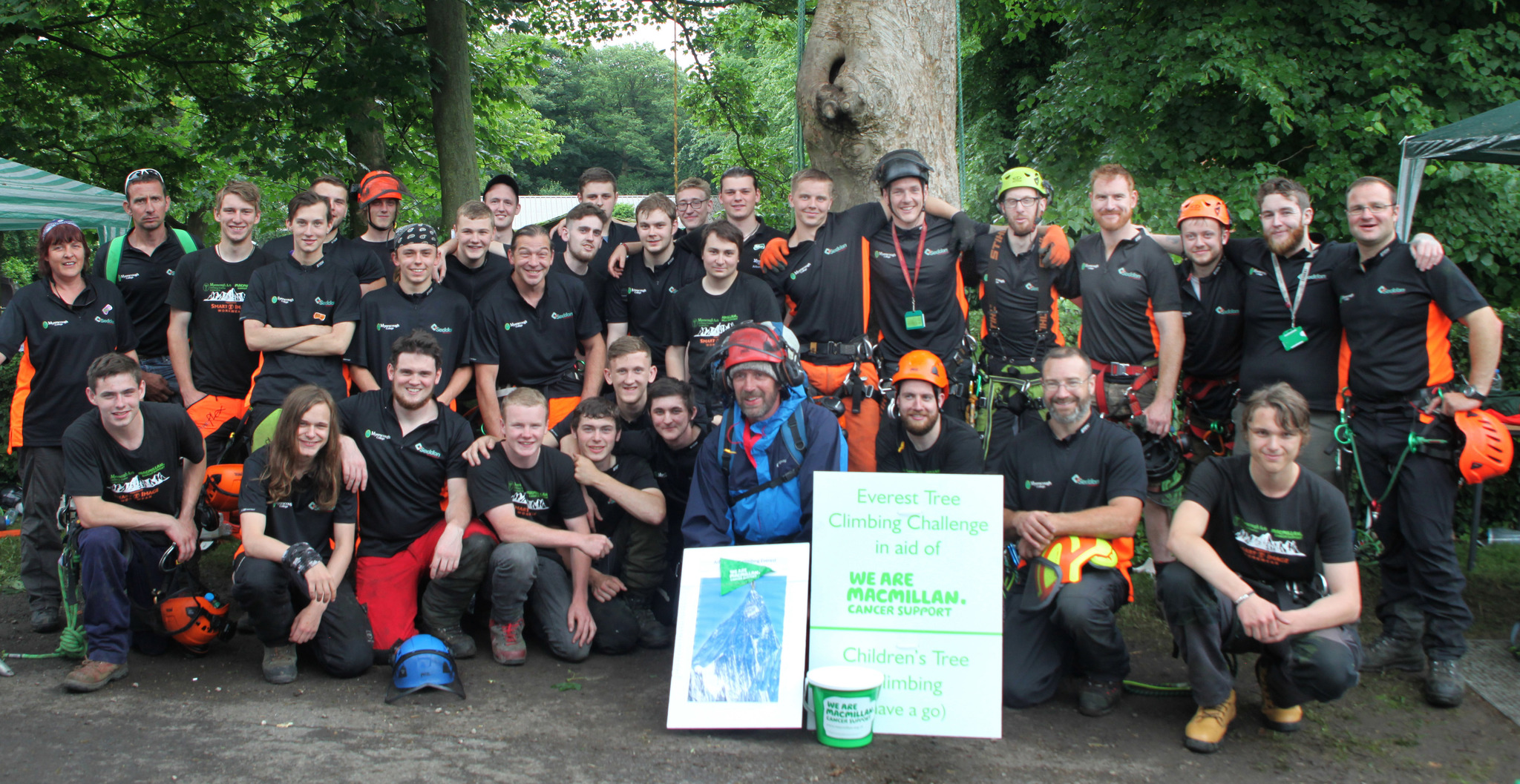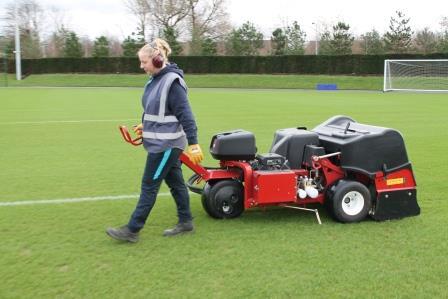Entry requirements & additional information
Entry requirements
Entry Criteria
A potential Level 4 apprentice:
Must be aged 16 or over & have officially left school.
Must be employed (NOT self-employed) in the relevant occupational sector, working a minimum of 30 hours per week.
An individual cannot undertake an apprenticeship at the same or lower level than a qualification they already hold, unless this allows the individual to acquire substantive new skills and the content of the training is materially different from any prior training or a previous apprenticeship.
Must have the right to work in England & spend at least 50% of their working hours in England over the duration of the apprenticeship.
Must be a citizen of a country with in the European Economic Area (EEA) or have the right of abode in the UK AND have been ordinarily resident in the EEA for at least the previous 3 years on the first day of learning.
All Apprenticeships require Initial assessment, vocational skills scan, an interview and employment in the industry.
Typically, an applicant will have attained a minimum of 4 GCSEs at grade A-C (9-4) including maths and English, or a vocational level 2, plus GCSE grade A-C (9-4) in both maths and English. N.B. English & maths Functional Skills Level 2 will be accepted as an alternative to GCSE’s. A Level 3 qualification in a suitable discipline will be required.
All potential Apprentices will be asked to complete an online functional skills assessment regardless of previous qualifications*.
Apprentices who begin their apprenticeship training when aged 19+ will no longer be subject to the mandatory requirement to study towards and achieve English and Maths. However English and Maths will still be delivered as an embedded part of the apprenticeship.
For apprentices aged 19+, the apprentice or their employer can still choose for the apprentice to study towards and achieve English and Maths qualification.
'The college advises learners to keep studying English and maths to enhance their career prospects and facilitate progression to higher-level qualifications'.
The government will continue to fund those apprentices that wish to study towards an English and maths qualification.
Candidates without a Level 3 qualification may be able to complete a 1-year transition programme with Myerscough College prior to commencing the apprenticeship.
Exceptional entries will be considered for all Apprenticeships at the discretion of the college based on experience, successful interview and outcomes of Initial and Diagnostic assessments for English and Maths to establish current levels of ability
Please also note that candidates without a Level 3 qualification may be able to complete a 1-year transition programme with MC prior to commencing the apprenticeship.
Learning and assessment
At a point where employer, tutor and apprentice feel is appropriate, apprentices will undertake an
end point assessment, which is carried out by a separate approved organisation, independent
from Myerscough College.
The end point assessment will contain 4 discrete assessment methods:
• Practical demonstration with questions
• Short answer test
• Multiple choice test
• Professional discussion underpinned by a portfolio that showcases work carried out in assignments produced for each module.
There will be 2 levels of achievement: Pass & Distinction
In the unlikely event of an apprentice needing to resit an End Point Assessment (or elements of
the End Point Assessment), then the employer will be responsible for funding these additional
costs.
Careers
The broad purpose of the occupation is to undertake tree inspections and surveys, recording information on tree management databases and to evaluate each tree individually. Although evaluating a tree requires balancing a wide range of factors and is complex and varied by nature, Arboriculturists focus on well-defined and more commonly found situations. The Arboriculturist would be supported when dealing, for example, with ancient or veteran trees, those that are rare, those that are of historical or cultural importance or those involved in subsidence. They supervise contractors undertaking specified tree works and can check for the safety of the site and quality of work.
Arboriculturists comply with legislation in relation to trees including making sure relevant authorities have approved work to be undertaken. They provide tree related advice – management and law. They manage woodland, having oversight of budgets, make grant applications and preparing quotes. They manage clients and engage with the public.
In their daily work, an employee in this occupation interacts with colleagues, the general public, stakeholders, clients, landowners, lawyers, insurers, budget holders and organisations managing built infrastructure (for example utility companies, highways, street lighting, waterways, railways).
Professional accreditations
This standard aligns with the following professional recognition:
- Arboricultural Association for Technician Member
- Chartered Institute of Horticulture for Membership
Latest news, Apprenticeships
Latest news, Apprenticeships
-
Myerscough rated top land-based college in country for apprenticeships in latest figures
- Published
- Friday 4 April
-
Myerscough learners recognised in Grounds Management Association’s Industry Awards
- Published
- Friday 14 March
-
#NAW2025: Celebration Friday
- Published
- Friday 14 February
-
#NAW2025: T-Level Thursday
- Published
- Thursday 13 February
-
#NAW2025 – Apprentice Wednesday
- Published
- Wednesday 12 February
-
#NAW2025: Employer Tuesday
- Published
- Tuesday 11 February









